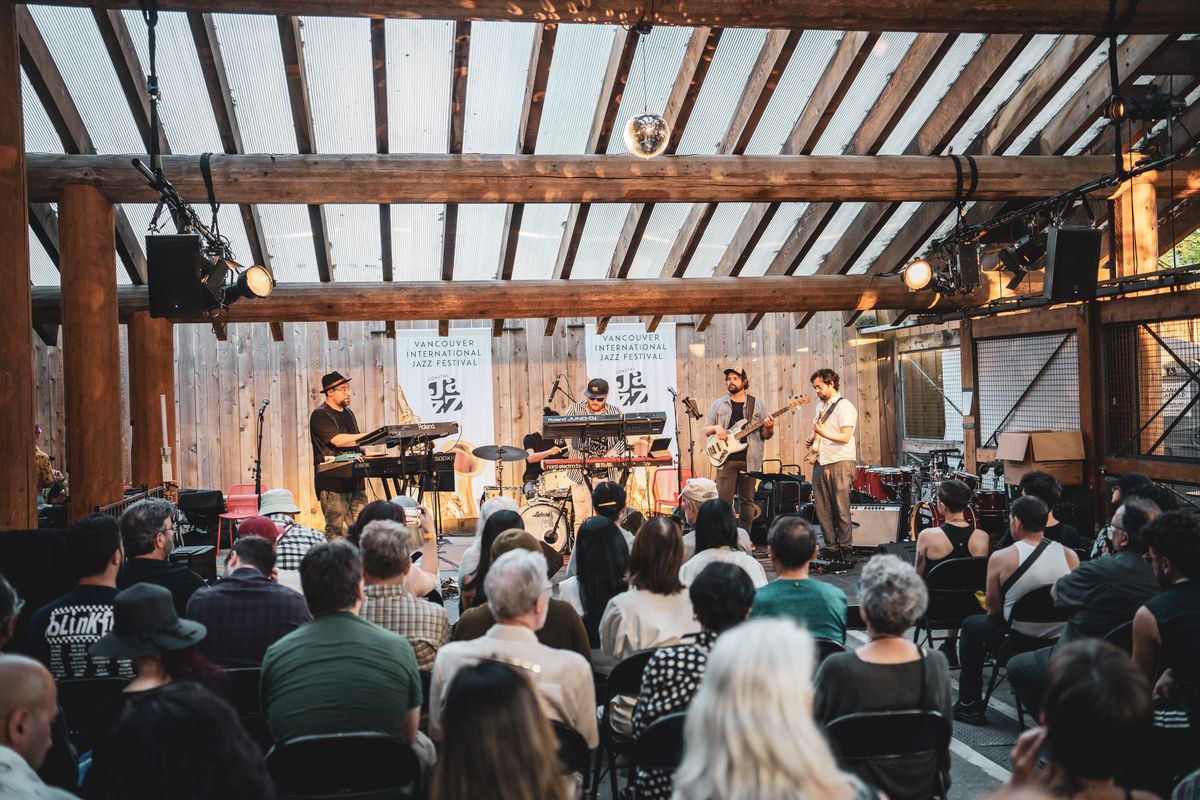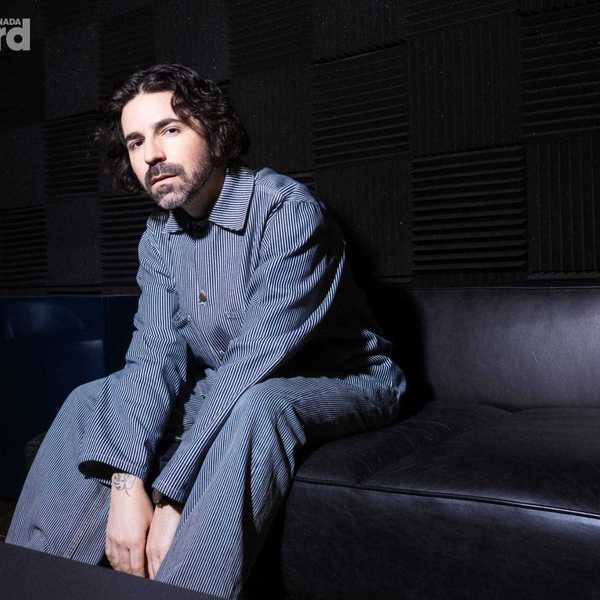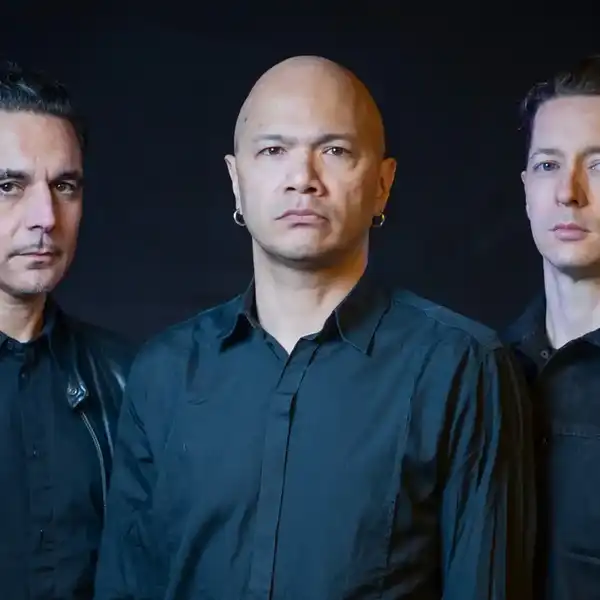Vancouver Jazz Festival Calls for Donations as Arts Events Struggle to Survive
The long-running festival, which turns 40 next year, has cut its programming by over half since the pandemic started, and is now the latest major arts organization — alongside Just for Laughs, Hot Docs and more — to go public about financial threats.

Jonny Tobin performing at the 2023 Vancouver Jazz Festival
A premiere west coast music festival is sounding the alarm about its future.
In a recent newsletter, Coastal Jazz, the organization that presents the Vancouver International Jazz Festival, put out a concerned call for donations.
"I've got to be honest with you – I'm worried about the future," writes Director of Operations Eduardo Ottoni in the newsletter. The festival has cut back its programming by over half since the start of the pandemic — from 487 performances in 2019 to 171 in 2024.
"It breaks my heart," Ottoni says of the reductions.
As it looks ahead to its 40th edition in 2025, organizers are trying to stave off further cuts.
The announcement makes the festival the latest arts organizations in Canada to reveal serious financial struggles. From high-profile festivals like Just for Laughs, which cancelled its 2024 edition, to Hot Docs, which has indefinitely closed its flagship theatre, to local venues like Toronto's Tranzac Club, arts orgs country-wide are facing immense challenges.
Nina Horvath, Coastal Jazz's Executive Director, tells Billboard Canada that their funding issues stem from the loss of their title sponsor, TD, in 2022, coupled with rising infrastructure costs. The festival budget has shrunk by 41% since 2019.
Other festivals have also seen corporate sponsors depart — Bell pulled out of TIFF last year after a three-decade partnership.
"Couple this with a general global economic downturn and it's a recipe for challenging times," says Horvath. Inflation and a cost-of-living crisis mean it's hard to pass on these problems to consumers, who are resisting rising ticket prices. Coastal Jazz also faced a leadership crisis in 2022 when a public letter urged board members to resign.
For many arts organizations, post-lockdown stability has been hard to come by. Audiences, meanwhile, haven't always rushed back into their seats.
The federal government announced a $31 million increase to the Canada Arts Presentation Fund in the 2024 budget, providing some assistance to performing arts events. Horvath says government funding has become increasingly competitive to attain, but that policies supporting locally-run destination-events could make a big difference.
Amidst these challenges, the Vancouver Jazz Festival hosted a successful 39th edition, welcoming international stars like Killer Mike and showcasing local artists like R&B singer Janette King and indie group Parlour Panther.
The festival welcomes 100,000 attendees every year, generating an estimated $20 million in economic impact for the city.
"Arts and culture define the soul of a community and when you take them away a city literally falls quiet," says Horvath. "The loss of these events means a lost opportunity for connection within the community."
It's also often the local artists who suffer the most. Festivals will always need headliners to attract audiences, but when budgets are tight, smaller artists get dropped from the lineup, losing out on opportunities to gain fans and experience.
"When I talk to local musicians, I always hear how playing Jazz Fest was a turning point in their career," Ottoni writes in the newsletter. "Stories like theirs are why we fight so hard to keep this going."
Read Ottoni's full letter here.

















